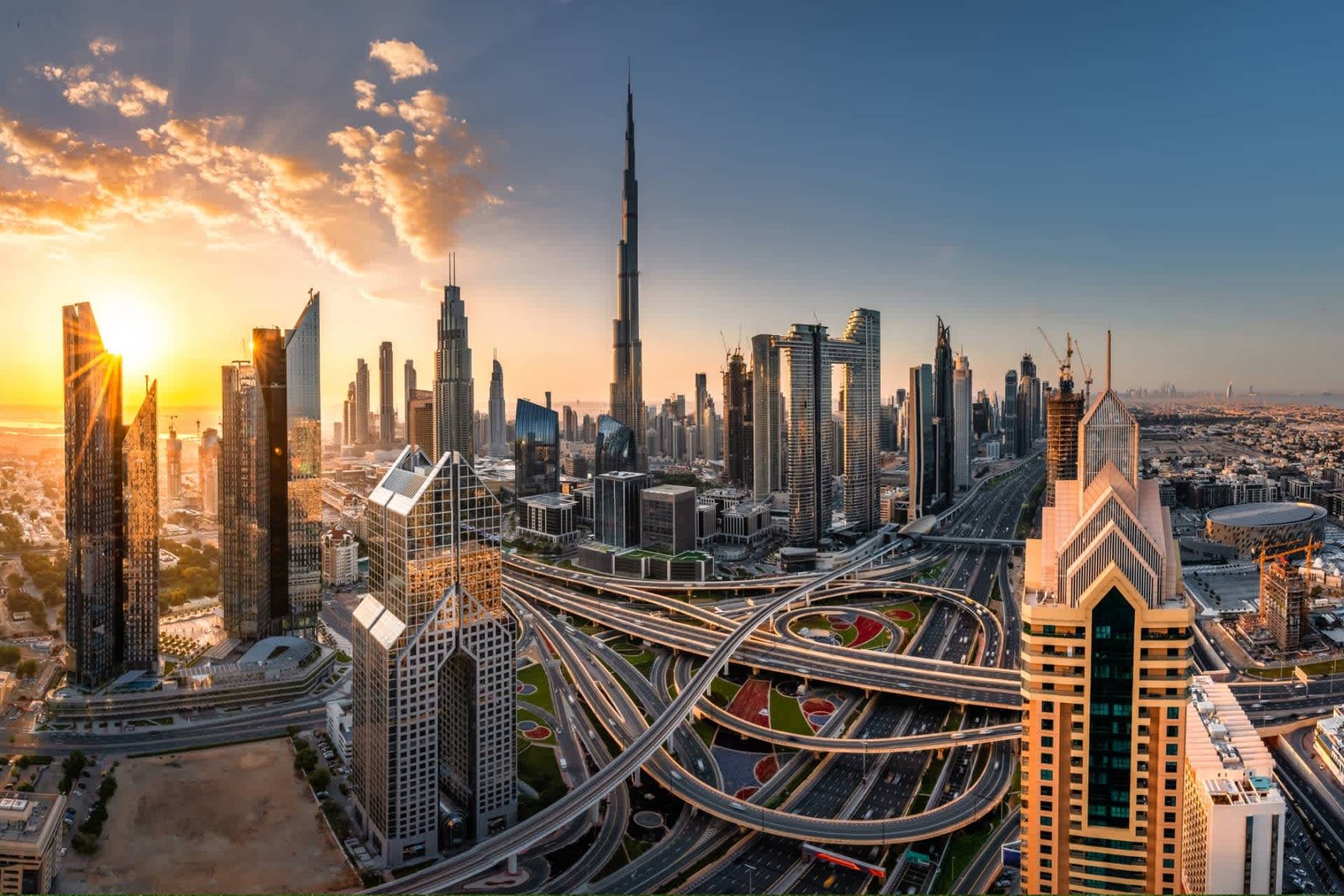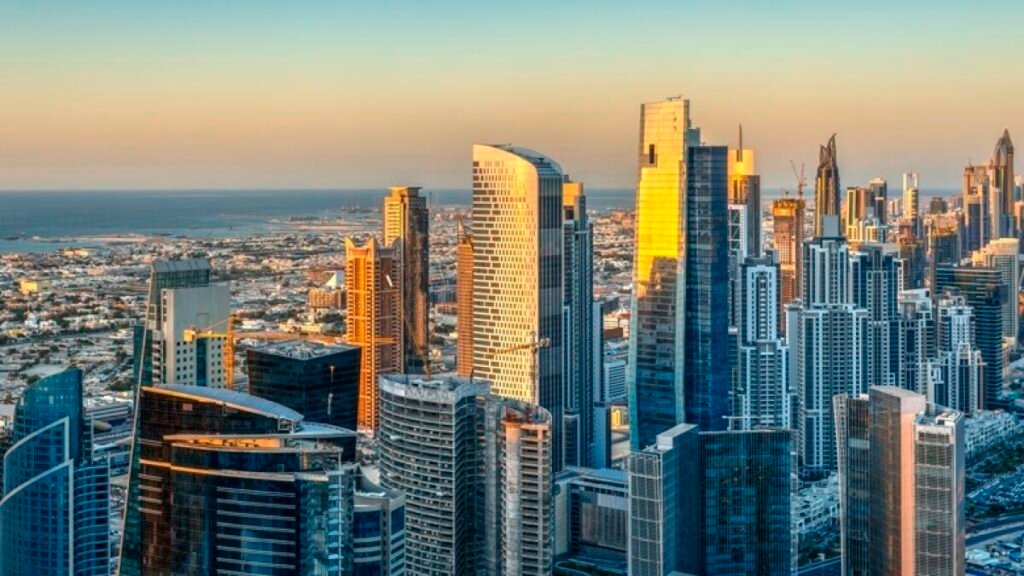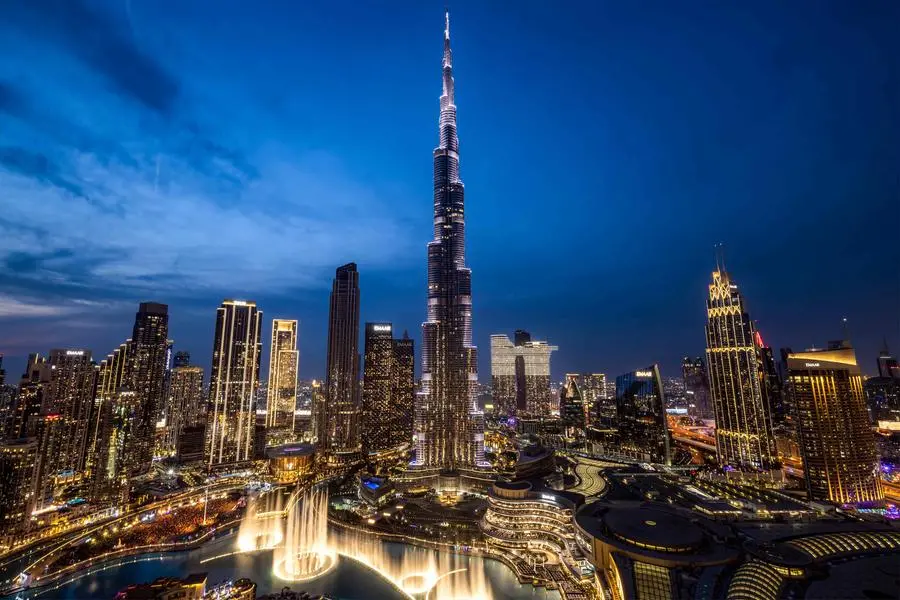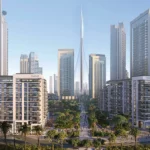Now Reading: Dubai real estate bubble experts weigh in
-
01
Dubai real estate bubble experts weigh in
Dubai real estate bubble experts weigh in

Dubai real estate bubble experts weigh in on one of the hottest debates in global property markets today: Is Dubai’s property boom sustainable, or is it heading toward a bubble that could burst in 2025?
The emirate has seen record-breaking growth in recent years. In 2023 and 2024, property transactions crossed historic highs, with luxury villas, waterfront apartments, and branded residences selling at eye-watering prices. But with rapid appreciation comes inevitable concern: how long can this last?
This article dives into expert insights, investor perspectives, and global factors shaping Dubai’s property outlook in 2025.
Dubai’s Record-Breaking Property Boom
Over the last two years, Dubai’s real estate market has defied expectations. While many global cities cooled due to high interest rates, Dubai surged ahead:
- Transaction volumes hit all-time highs in both luxury and mid-tier housing.
- Foreign investor demand soared, especially from Europe, Asia, and the Middle East.
- Rental yields remained strong, with some areas offering returns above 7%.
Dubai’s status as a global safe haven, tax-free environment, and luxury destination kept buyers flocking in. But such meteoric growth inevitably raises questions about overheating.
Why Experts Are Talking About a Potential Bubble
The term “bubble” suggests that property prices have risen beyond their real value, often fueled by speculation rather than fundamentals. Dubai real estate bubble experts weigh in with mixed opinions:
- Signs of a Bubble:
- Prices in some luxury segments have doubled in just three years.
- Off-plan projects are selling out within days, sometimes even hours.
- Speculative flipping has returned, with buyers reselling units before completion.
- Signs of Strength:
- Population growth in Dubai remains strong, driven by expats and new visa reforms.
- Supply remains limited in prime areas, keeping demand high.
- Government regulations on lending and transparency are tighter than before, reducing risk.
This tug-of-war between fundamentals and speculation is at the heart of today’s debate.
Experts Weigh In: Optimists vs. Skeptics
🔹 The Optimists
Several analysts argue that this isn’t 2008 all over again. Back then, oversupply and speculation led to a crash. Today, the market appears healthier.
- S&P Global Ratings noted that Dubai’s economy is more diversified and resilient now.
- Knight Frank highlighted that ultra-luxury demand (properties above AED 40 million) continues to set records.
- Population inflows, thanks to the Golden Visa and business-friendly reforms, provide a steady base of real demand.
Optimists believe that as long as Dubai remains attractive to global talent and investors, demand will stay strong.
🔹 The Skeptics
On the other hand, skeptics warn that rapid growth is unsustainable:
- Rising global interest rates could eventually dampen affordability, even in Dubai.
- A flood of new off-plan projects could lead to oversupply in the next two to three years.
- Investor-driven demand may fade if global economic conditions weaken.
Some experts suggest a correction of 10–15% in certain segments could be on the horizon.
The Role of Global Economic Trends

Dubai doesn’t exist in isolation. The global economy directly impacts its property market.
- High U.S. interest rates: Although many Dubai purchases are cash-based, global liquidity matters. Tighter credit could slow investment.
- Oil prices: As a key driver of Gulf wealth, strong oil markets help sustain regional investor appetite.
- Strong U.S. dollar: Dubai’s dirham is pegged to the dollar, which makes property more expensive for some international buyers.
If global uncertainty persists, Dubai may feel the ripple effects.
Investor Perspectives: What Buyers Are Saying
Dubai real estate bubble experts weigh in, but what about the buyers themselves?
- Foreign investors see Dubai as a safe alternative to volatile Western markets.
- Expats view buying property as more attractive than renting, given high rental yields.
- Institutional investors are increasingly active, especially in commercial and hospitality segments.
For many, even if short-term corrections occur, the long-term story remains strong.
Supply vs. Demand: The Balancing Act
The biggest question for 2025 is whether supply will outpace demand.
- Developers have announced thousands of new units, particularly in areas like Dubai Creek Harbour, Business Bay, and Dubai Islands.
- Luxury branded residences, tied to names like Armani, Bugatti, and Ritz-Carlton, continue to attract global buyers.
- However, if too many projects launch at once, weaker segments of the market could face pressure.
So far, demand seems to be keeping up – but this is the key risk to watch.
Government Regulations: A Safety Net
One reason experts are less worried about a catastrophic crash is Dubai’s stronger regulatory framework:
- Stricter mortgage rules reduce risky lending.
- Escrow laws ensure developers can’t misuse buyers’ funds.
- Greater market transparency has boosted global confidence.
These safeguards may not prevent corrections, but they reduce the risk of a total collapse.
What Happens If There Is a Correction?
If a bubble does form and burst, what would it look like? Experts suggest:
- Luxury properties could see price adjustments first, as this segment is most speculative.
- Mid-market housing may remain resilient, given demand from Dubai’s growing workforce.
- Rental yields would likely keep investors interested, even during downturns.
Unlike 2009, when prices fell sharply, most expect any future correction to be gradual and manageable.
Long-Term Outlook: Bubble or Sustainable Growth?
Dubai real estate bubble experts weigh in with one common theme: the fundamentals remain strong in the long run.
- Dubai is positioning itself as a global hub for business, tourism, and lifestyle.
- Population and wealth inflows are not slowing down.
- Luxury branding and innovation keep the market globally relevant.
While risks of short-term overheating exist, Dubai’s structural advantages suggest it will remain one of the world’s most dynamic property markets.
Final Thought
So, is Dubai in a bubble? The answer depends on perspective.
- Yes, in certain luxury pockets, prices are running ahead of fundamentals.
- No, when looking at long-term demand, population growth, and government reforms.
For investors, the key is to remain cautious but optimistic. Diversify, focus on strong rental yield areas, and avoid overleveraging.
Dubai real estate bubble experts weigh in with both caution and confidence, but one thing is clear: the emirate’s property market remains at the center of global attention in 2025.
Do follow us : Instagram
read more: Top Upcoming Real Estate Developments in Dubai Attracting Investors






















